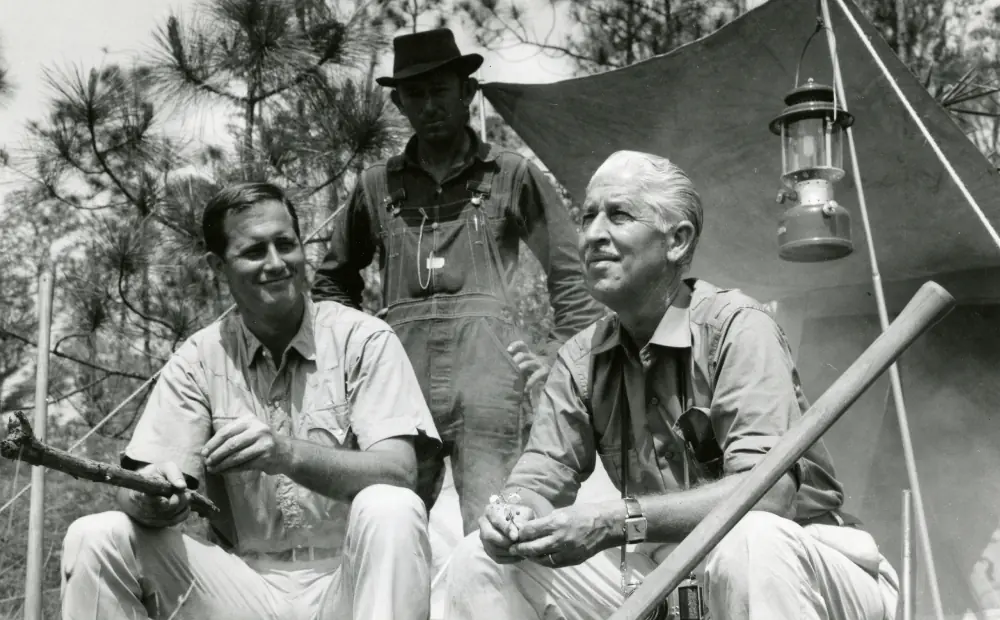Hi I'm Dr. Anna George, Vice President of conservation science and education at the Tennessee Aquarium.
We're here today at our conservation institute, right on the banks of Tennessee River, and we'd like to talk about some ways you can help us protect animals.
We want to be in water. We want to have a good time around water. But we need to be careful that when we're out enjoying the beautiful surroundings that we have, we take care and clean up after ourselves.
You've probably heard about animals mistaking plastic for food and accidentally eating it, and then slowly starving because they can't actually digest that plastic.
you've probably heard about animals that swim through plastic and they get trapped and tangled up in it.
In addition to all those ways that large plastics can harm animals, there's a lot of problems that happen when plastics stay in the environment for too long.
When Plastics are exposed to sunlight or to wave action or to river currents, they can break down into smaller and smaller bits called microplastics.
A microplastic is anything that's the size of a pencil eraser or smaller, and some are so tiny, we can't even see them with our own eye.
This is why every time you wash your clothes, if you have synthetic fibers like polyester, some of those microplastics are shedding off of your clothes and entering the river water through our wastewater treatment plants.
At the Tennessee Aquarium, we're partnering with other organizations across the world to understand the impact that these small plastics have on our fresh water, on the ocean and on the health of animals.
We're trying to understand how microplastics enter the environment so that we can come together to find solutions to how to prevent them from entering rivers and streams in the first place.
There are many plastics, recyclable plastics that of course we want you to take immediately to recycling centers and dispose of them properly.
But unfortunately, more plastic is generated each year than can be recycled.
Plastic pollution in our rivers, streams and ocean beyond isn't a problem that we're going to recycle our way out of.
That's why we need to really look for some alternatives to the plastic problem.
Bring your own bags to the grocery store, bring your own metal straw to restaurants. I even have a set of utensils in my purse that I carry everywhere with me so I've always got those ready and don't have to use single-use cutlery when I get to go orders.
All of us consume things differently and so all of us need to explore the ways that plastic is entering our home so that we can find the best solutions to the problem.
I actually recommend that for an entire week you keep track, you keep a log, of all the plastic that you bring into your home, and then at the end of that week you can look at your own purchasing habits and figure out where you can make some changes to have a more plastic free lifestyle.
You may have heard of the three R's - reduce, reuse, recycle.
All three of those R's are incredibly important.
We should absolutely be recycling every chance we get, but let's not forget that this is also a problem in terms of how we use products and how long they last in our lives.
So every time you're making a decision to buy something, make sure it's something that's really going to last and something that can have multiple uses in your household.
You'll not only help save your own money, you will help protect our rivers lakes and streams












